Bloomington commits to pollinator habitat, education as new Bee City USA
Bloomington is now a Bee City USA affiliate, after action by the Bloomington’s city council at its regular Wednesday meeting. The council’s resolution commits the city to creating and maintaining pollinator-friendly habitats and to public education about the role of bees and other pollinators.
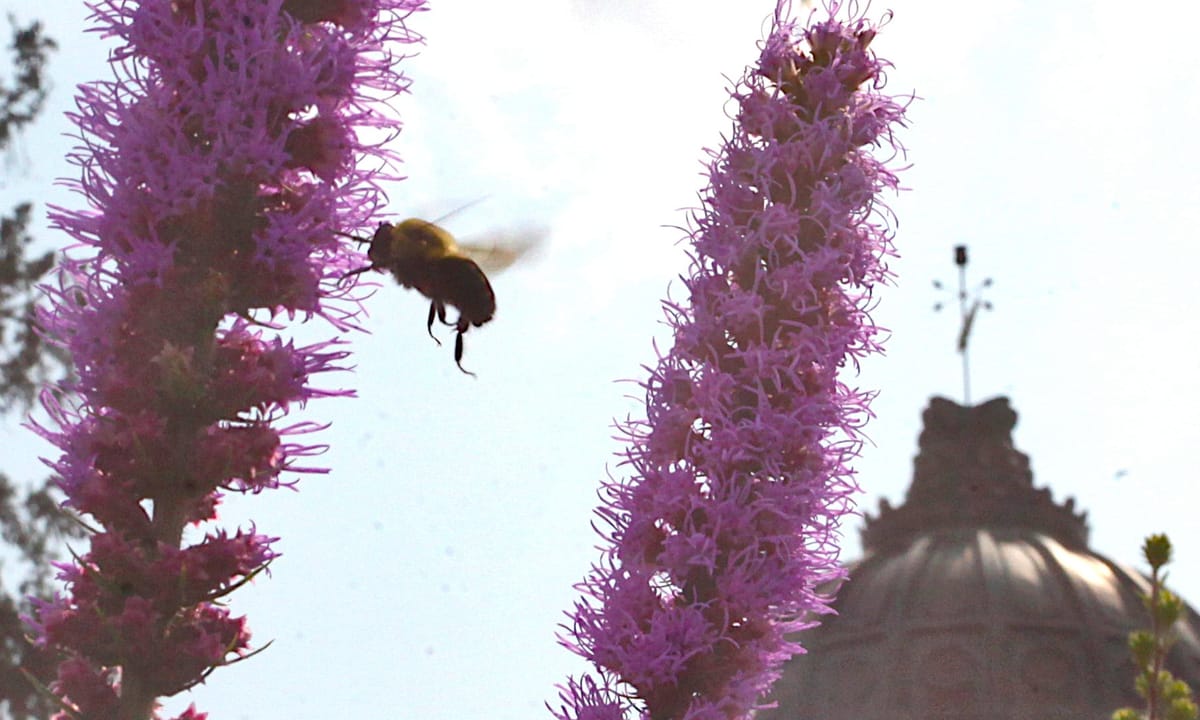
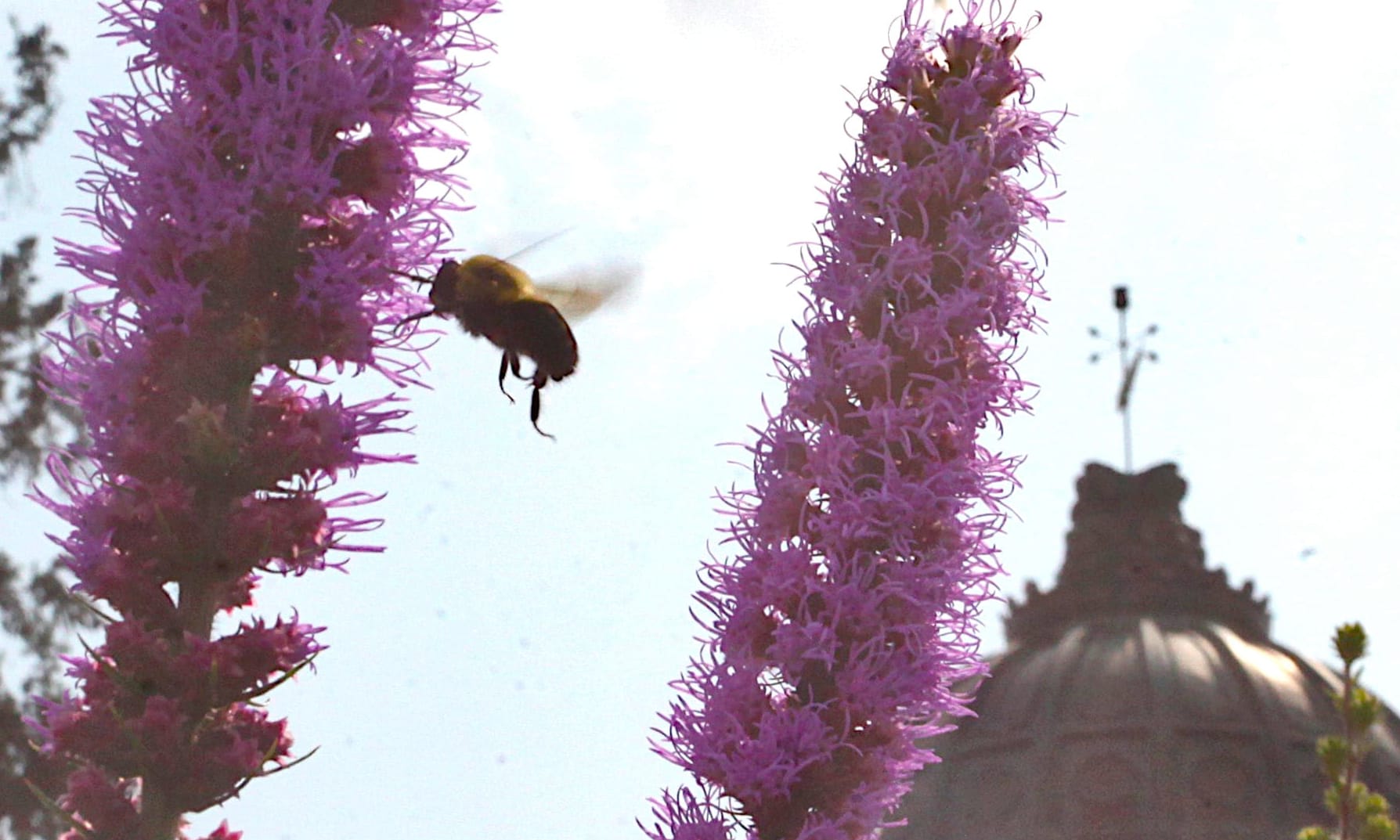
Bloomington is now a Bee City USA affiliate, after action by the city council at its regular Wednesday meeting. Bloomington is joining around 240 other cities with the Bee City affiliation.
The council’s resolution commits the city to creating and maintaining pollinator-friendly habitats and to public education about the role of bees and other pollinators. Bloomington’s environmental commission will serve as the program sponsor, with the city’s urban greenspace manager, Joanna Sparks, acting as liaison.
The measure was not controversial for councilmembers and received unanimous support from those present. Sydney Zulich and Kate Rosenbarger were absent.
The resolution was presented to the council by chair of the environmental commission, Carrie Albright. She led off by saying that it’s common knowledge that climate change and human practices are endangering pollinators. Alright said 35% of native bee species are at risk. Describing the effort to become a Bee City affiliate, Albright told councilmembers: “What we would like to do is participate in a program that shows that Bloomington is taking steps, and has taken a lot of steps to protect pollinators.”
The affiliation with Bee City means signage will appear at an entrance to the city, where Bird City and Tree City signs already are displayed.
Under the resolution that the city council approved, the city has to: host at least one annual educational event or pollinator habitat project; install signage and maintain a dedicated webpage with pollinator information; develop and expand pollinator-friendly habitat on public and private land; adopt a citywide integrated pest management plan; incorporate pollinator conservation into the city’s comprehensive plan and related policies; and apply each February for renewal of its Bee City USA designation, including submission of an annual report and payment of the $400 renewal fee.
The Bee City USA program is operated by the Xerces Society, which is a national nonprofit with about $11.2 million in revenue.
The city council’s resolution also calls for a Bee City USA committee to be established made up of city representatives and community partners, including Indiana University Bloomington, which was recently named a Bee Campus USA. Annual reports on the city’s progress have to be prepared and made available to the public.
The organization of the required committee drew a question from the council about the idea that already existing committees to support Tree City and Bird City might be combined. But Sparks said each of the topic areas have their own expertise, and work load needs to be distributed across parks staff members.

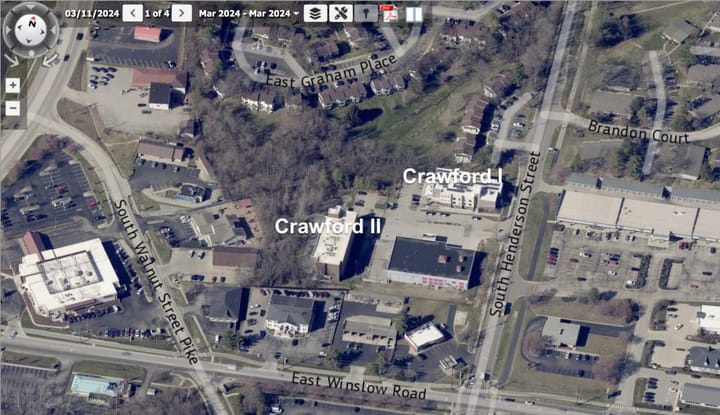
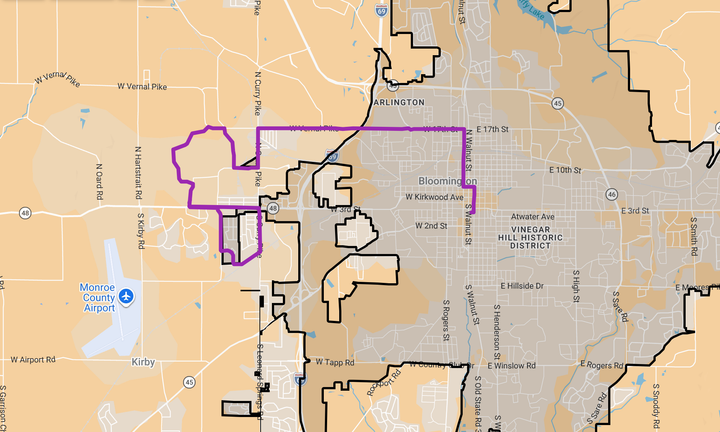
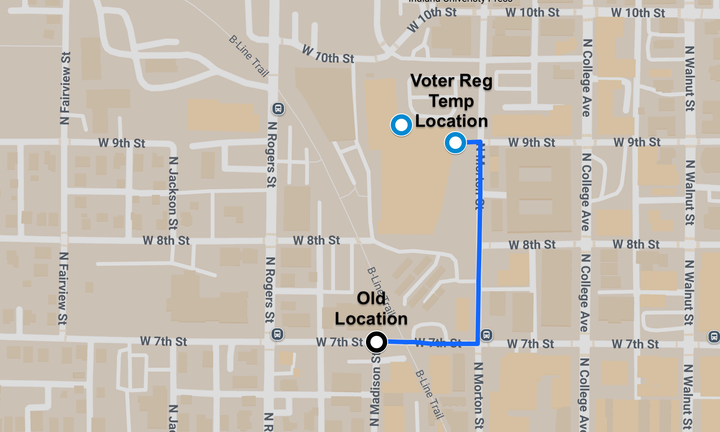
Comments ()